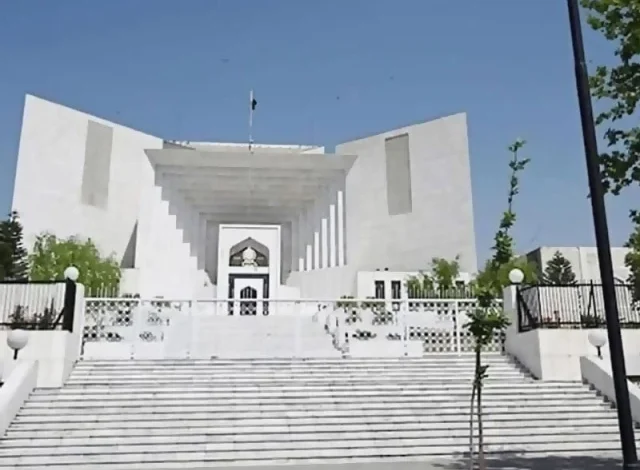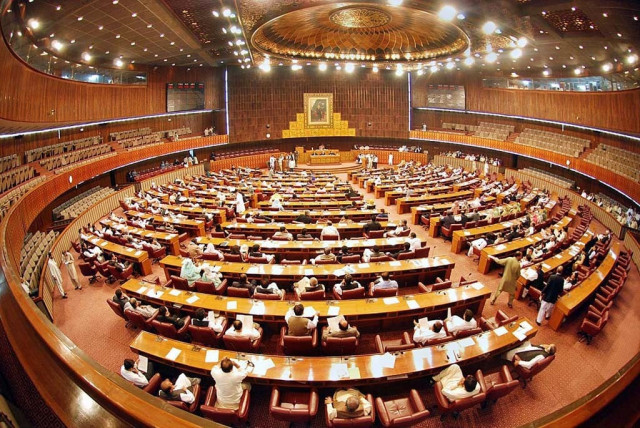
Broken Justice System Fuels Authoritarianism
In a landmark ruling, the Supreme Court of Pakistan has declared that a weak and compromised criminal justice system not only violates constitutional rights but also fuels authoritarianism and strengthens the grip of the powerful and privileged over society.
The scathing judgment, authored by Justice Athar Minallah and endorsed by a three-member bench, came during the hearing of a criminal appeal in which a death row inmate, incarcerated for over 25 years, had his sentence commuted to life imprisonment due to multiple mitigating factors and egregious delays in the appeals process.
The court stressed that “an effective and responsive criminal justice system, free from political interference and corruption, is a fundamental right” and essential for upholding the rule of law.
It sharply criticised the unjustified delay in the appeal — over 17 years — calling it a violation of basic human dignity. The condemned prisoner was left in a death cell for years despite not being responsible for the delay, with his petition first heard seven years after filing.
Key factors that led to the sentence commutation included:
- The appellant was young and a first-time offender at the time of the crime in 1991.
- He acted under the influence of his father, the main accused.
- Evidence regarding the weapon used was found to be unreliable.
- He has already served the term equivalent to life imprisonment, even without accounting for sentence remissions.
The court ruled the death sentence was not justified and revised it to life imprisonment on five counts, to run concurrently, also granting him relief under Section 382(b) of the Criminal Procedure Code.
Beyond the individual case, the court launched a wider critique of Pakistan’s justice system, warning that its failure to deliver timely, impartial justice erodes public trust and enables the privileged to exploit legal loopholes, while the poor remain helpless.
Justice Minallah noted that delays were especially harsh on those unable to afford quality legal counsel, saying, “The criminal justice system is vulnerable to be exploited by the privileged, while the victims are the marginalized and underprivileged.”
The judgment held all three branches of the state — executive, judiciary, and legislature — equally responsible for overhauling the system, ensuring humane prison conditions, and reviewing laws to prevent miscarriage of justice.
Key Quotes from the Judgment:
- “This inordinate delay brings the criminal justice system into disrepute.”
- “It becomes a form of unauthorized punishment not intended by the legislature.”
- “The victims of delay are overwhelmingly from economically and socially marginalized backgrounds.”
- “Every branch of the State is under an obligation to take urgent steps to remedy the wrongs.”






